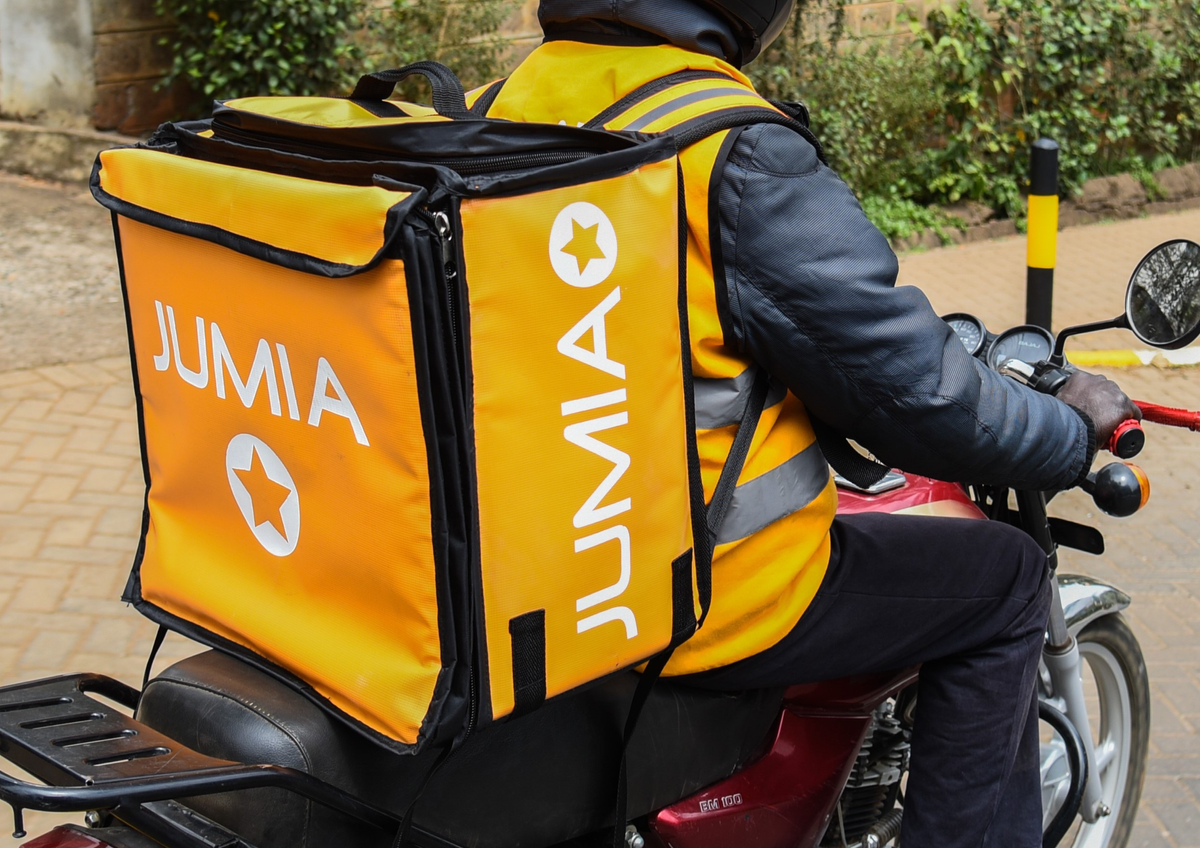Jumia Foods to cease operations in Africa
Jumia is shutting down its food delivery operation in seven African markets, including Nigeria, to focus on its physical goods delivery and JumiaPay.

Pan-African e-commerce company, Jumia is closing its food delivery service across the continent. Jumia Foods will halt operations in Nigeria, Kenya, Morocco, Ivory Coast, Tunisia, Uganda, and Algeria by the end of this month.
According to the report, Jumia will focus on its physical goods delivery and fintech offering, JumiaPay, across these markets. Meanwhile, personnel from Jumia Foods will undergo transitions to other departments, with the possibility of some facing layoffs.
CEO of Jumia, Francis Dufay said "The more we focus on our physical goods business, the more we realize that there is huge potential for Jumia to grow, with a path to profitability. We must make the right decision and fully focus our management, our teams and our capital resources to go after this opportunity. In the current context, it means leaving a business line, which we believe does not offer the same upside potential; food delivery."
In February, Dufay was appointed as CEO after the co-founders of Jumia—Jeremy Hodara and Sacha Poignonnec—stepped down from their roles as co-CEOs. At the time, the company's supervisory board said that the leadership changes intended to support Jumia's journey towards profitability.
Since assuming the role, Dufay has implemented cost-cutting measures, which involve a 20% reduction in the workforce and mandating certain top management officers to operate from Africa rather than the UAE.
"In the fourth quarter of 2022, we started implementing our strategy to accelerate our path to profitability and further strengthen our fundamentals. While the fourth quarter results only reflect a fraction of the actions we are taking, we are seeing early signs of success and remain focused on execution. In light of these encouraging signs, we expect a sharp reduction in Adjusted EBITDA loss from $207 million in FY2022 down to $100-120 million in FY2023," Dufay said.
"To be profitable, you must boost GMV. And to do that, you must record more sales or have more customers. And to do that, you must record more sales or have more customers," says Massimiliano Spalazzi, CEO of Jumia Nigeria.
Jumia's active customers reportedly declined by one million in the second quarter of this year. "Usage performance continued to be affected by the difficult operating environment with record levels of inflation impacting consumers’ spend as well as sellers’ ability to source goods," the company says.
As Jumia Foods and Bolt Foods close their operations, other food delivery startups such as Glovo and Chowdeck are expanding their reach. Recently Chowdeck added Shoprite to its list of grocery chain partners, the YC-backed startup also surpassed $1.2 million in gross merchandise value (GMV) with over 60,000 monthly active users in October. Glovo has also initiated a similar partnership.
This is a developing story






